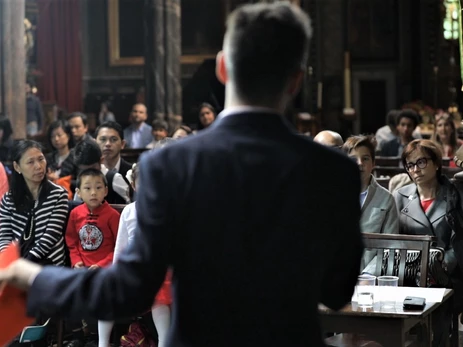Uncategorized
The professional piano teacher: The balance between performance and education
This kind of topic brings us to the traditional dichotomy: “Which came first: the chicken or the egg?”
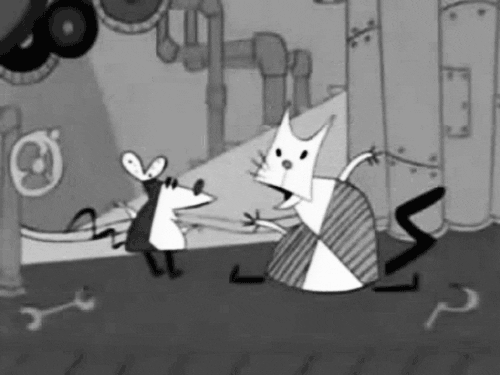
– The Dream
,
The beginning of our musical trip
As piano teachers, the majority of us began as prospective concert pianists.
We studied with a piano teacher until we found out that we wanted to belong to a broader community of musicians. It was then when we applied to the conservatoire. There we discovered the beauty of classical music, and we made our vote of austerity.
The vote that propelled us to start a career on a subject as complex as economics but without its potential financial rewards.
After graduation
We started to promote our artistic activities. We played dozens of free concerts, and we were satisfied to hear the compliments coming from our audience.
Sooner or later, we realized we could not make a living just by playing concerts.
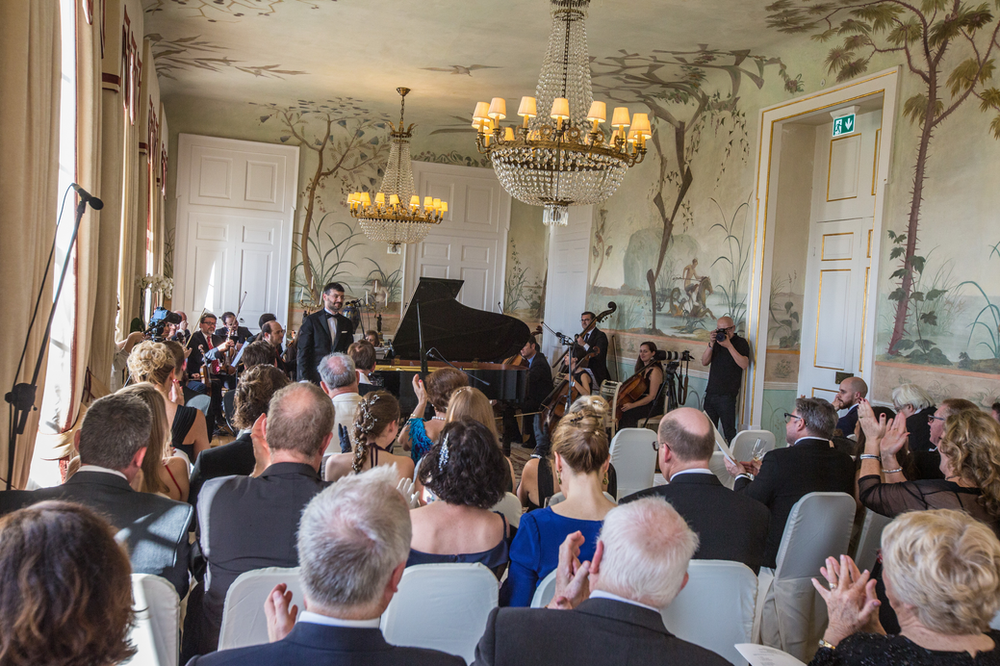
– The Reality
Our first steps as teachers
We started to advertise our tuition services.
We would teach anything: piano, music theory and, some, even composition for beginners!
As soon as we start taking our first piano students, we see that we are overqualified for the job. All the subjects we studied in uni are far more than what we need to train our beginner piano students.
Our expectations and their impact on our teaching
We start to feel that we could help someone else achieve a life in music. Something magical happens; we turn into the most motivating teachers in the world!
All we know makes sense; we need it. We are ready to transfer all this knowledge to our students. We are working hard; we are trying to create the next musical genius!
The arousal of the inbalance
Soon we deviate all our efforts to teaching; we believe we no longer exist as artists; we are now dedicated 100% to our students.
The result: our practising and studying times drop-down…
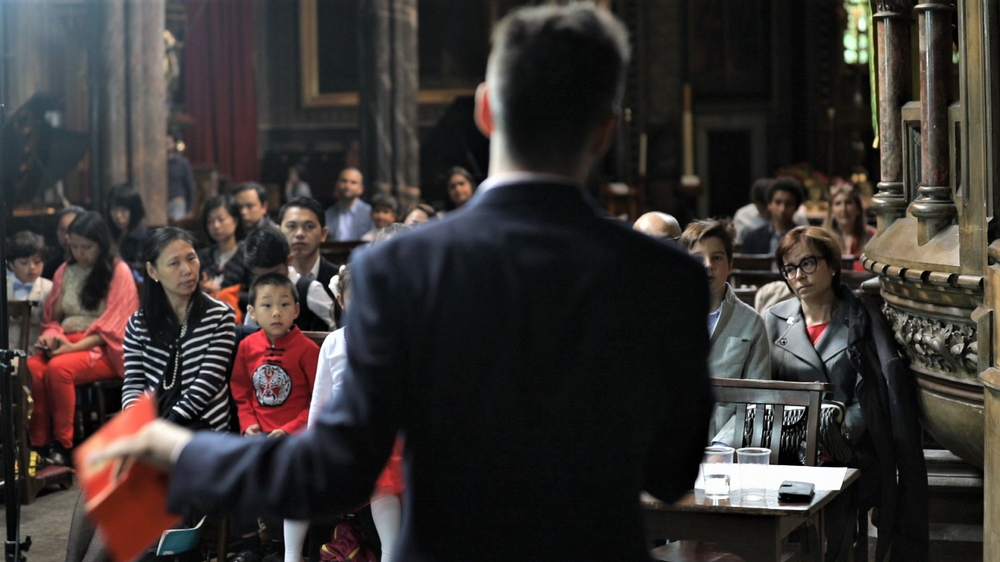
,,– The need to reach professional maturity,,
This spiral of change tends to slow down. We are close to reaching musical and professional maturity.
One year passed, and we have not yet created the genius we aimed to forge. We have outstanding and talented piano students; yet not the “true genius” we once envisioned.
On the other hand, we’ve abandoned our in-depth studies of music.
Conclusion: we are getting further and further from the essence of music. That energy that once drove us is now buried under tons of beginner piano methods for children.
– The point of musical and educational enlightenment
We have reached the most critical inflexion point in our musical careers.
We can now decide not to take action; we can just let ourselves drift into professional frustration.
Or maybe…, we can try and now and redefine the way we organize our musical and professional lives.
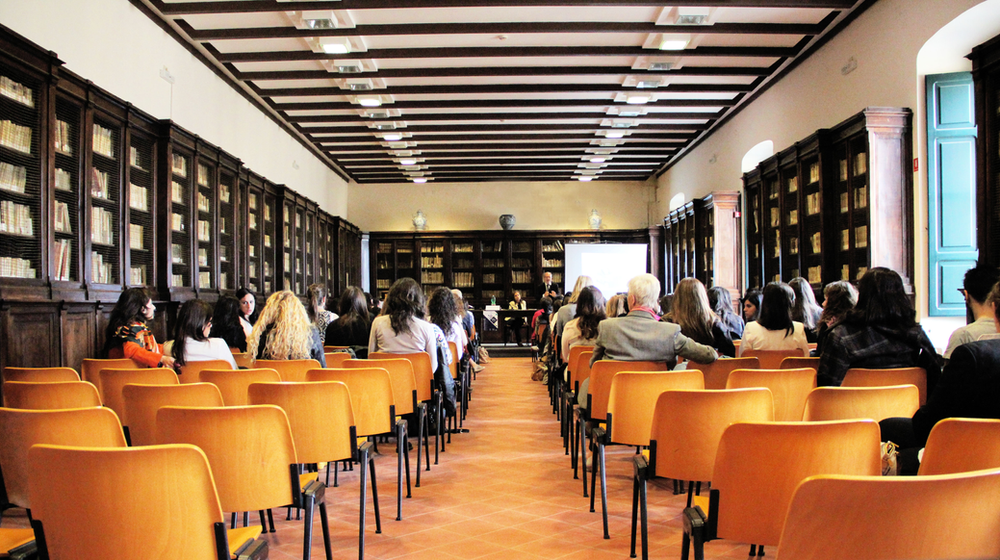
,,– The perfect balance between performing and teaching,,
The trigger for change: academic starvation!
The inspiration that gave us the fuel to motivate our students came directly from music. It came from masterpieces, from piano concertos, from symphonies.
If we continue to stay away from these elevating abstract objects, our teaching minds start to suffer from “academic starvation”.
As with any other discipline, this starving individual will struggle more and more to deliver.
Finally, like a desperate lion, this quintessentially good teacher, will have no other choice but to leave his or her cubs for a bit and go hunting…
Keeping the stage of discovery alive is the key to remain motivated as a teacher
This hungry teacher now comes back to the last sonata he or she played before all this “teaching story” started.
The joy of coming back to the field is not instantaneous; the frustration arises: this teacher cannot perform as good as before.
We, teachers, have to overcome this first feeling. If we succeed, then the light can shine on our academic fields once again. This light will bring hope to us as educators that continue to develop and, indirectly, to our students.
The best way to help our students to disentail the mysteries of classical music is to provide them with a digested version of what we do daily.
If we continue practising, we keep learning; we continue struggling, we continue to overcome academic challenges. Our problem-solving strategies are then active and agile. It is only in these conditions that we can fully and efficiently understand what our piano students are going through.
Why?
Because we are facing the same challenges -at a different level but the same.
The right balance between practising and teaching
The teachers practice:
Each artist-teacher is different, and it is our responsibility to keep our selves academically and artistically fit to teach.
When we were young musicians, we spent an average of six hours in the piano every day. Now those days are gone. We gained experience; we are more efficient!
We can now size our challenges to our possibilities better. We need to define our musical projects very well, so they can be genuinely transcendental for our development. We need to organise our diaries.
My advice as an international concert pianist and director of WKMT London – London’s busiest piano practice.
I believe the right number of hours a teacher needs to invest his or her studies to keep fit is variable. Nevertheless, I would place my bracket between two and four.
This amount of time should be enough to maintain our skills and also to increase them. The key is to keep ourselves challenged and motivated.
That’s why I suggest every piano teacher keep a concert date always booked ahead – one essential and challenging show in the year. This challenge gives shape to their practising.
WKMT Music Festivals for students
– In conclusion…
It is your responsibility as teachers to keep studying. We need to ensure the concert pianist inside us survives our teaching routine.
Our students will sincerely thank us and, most importantly we will not defeat our purpose: “to create music, be involved with it and motivate others to continue the challenge of keeping its wonderful tradition alive!”
If you are a teacher and performer, you might be interested in reading another article about “pianistic abstinence”:
https://www.piano-composer-teacher-london.co.uk/post/eating-piano-scores

